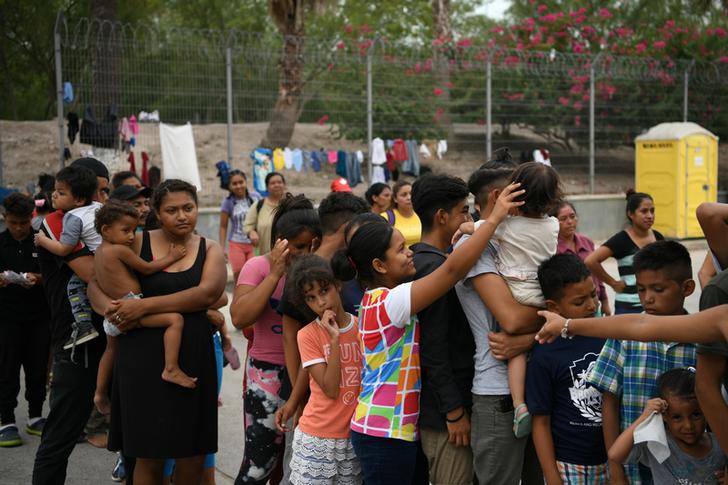
A French student talks about his experience in the “Model European Union” simulation, held by the Eastest European Institute in Paris (April 2019) and in Brussels (May 2019)
As Jean Monnet once stated, the European Union’s goal was to “build a union among people, not cooperation between states.” After having participated in the Eastwest European Institute simulation of the European Parliament and the Council of the European Union, it seems to me that the aim sought by the founding fathers of the Union was truly lost.
It is a common thought that younger generations, and especially millennials, are not interested in politics, regulations or even in the world that surrounds them. In fact, a recent study showed that only 32% of European millennials selected democracy as one of their top five most important social values.
Participating in the Model European Union course showed the complete opposite. Many young students gathered together to reform the European asylum system, and although our decisions had no significant or real impact, we all invested body and soul during the two days to represent our assigned political parties for the European Parliament simulation, and our assigned countries for the Council simulation. The current asylum system in the European Union is faulty and inadequate compared to the colossal proportion of people leaving their home countries in order to reach our shores in search of security and better prospects. More precisely, the Dublin Regulation puts an unprecedented pressure on border countries, which receive an unproportionate number of all asylum claims made in the European Union. Reforming it by proposing amendments was thus an obvious priority.
A question consequently came to mind: would a common agreement be found despite differences and points of dissension? Having conducted extensive research beforehand, we all came to the conclusion that unfortunately, the majority of countries have forgotten the genuine meaning of being in a Union, and tended to put their national interests first. Italian Interior Minister Matteo Salvini even recently affirmed this point when he said: “we need to put Italian interests before those of the European Union, or at least at the same level.”
Italy is clearly not an isolated case; populism and a general feeling of exasperation lingers over this European territory. Even at the student level, during the national simulations it took one complete day for an amendment to reach a majority during the voting exercise. Who knows how long the discussions would have taken if we hadn’t been given a time limit within which to decide While it is true that compromises are difficult to reach, negotiation is an art that should be mastered by our leaders.
This observation should not lead Europeans to adopt fatalistic views on the establishment of a Common European Asylum System. The Union has existed for more than half a century and has faced several challenges in the past. It would be unrealistic to say that the migration crisis is not valid cause for alarm, but one should not lose hope. Under international law, asylum is a crucial human right and granting it to those who seek it is an obligation under the Geneva Convention. After the failures of the current European legislation, it is obvious that Member States should work towards the creation of a shared responsibility.
The importance of helping asylum seekers should not be a burden to European countries, but rather, a sign of the Union’s solidarity. A new, uniform asylum system ought to be implemented, ensuring a more efficient and fairer examination of asylum claims, whilst guaranteeing the respect of basic human rights for a better integration.
During the simulation, the idea of a centralized system for the allocation of responsibility was put forward. This system would ensure equitable distribution across the EU, based on a reference key that takes into account factors such as GDP, population size, inhabitable territory etc. In closing, European Member States should not forget the values which have been important to strengthen the Union: solidarity and comradeship.
Nimron Koneshchandra (Toulouse) studies Law at the University of Toulouse-1 Capitole.
Link Eastwest European Institute
A French student talks about his experience in the “Model European Union” simulation, held by the Eastest European Institute in Paris (April 2019) and in Brussels (May 2019)






